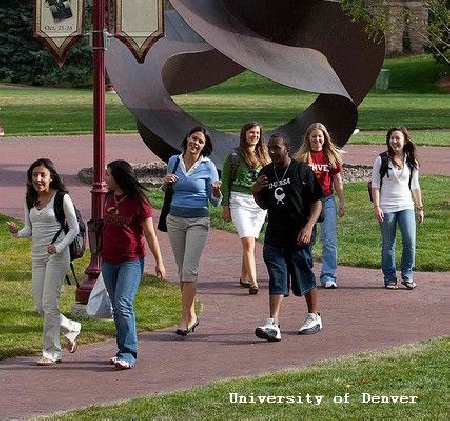Preparing for Studies Abroad
Shortly after the fall of communism, when the borders opened, the most studious Romanians saw their dream of learning in a prestigious foreign university about to come true.

Diana Baetelu, 09.01.2013, 22:14
There were however a lot of obstacles to overcome, such as a different kind of university admission, a higher education system that was different from the Romanian one, forms to fill in that were unknown until then and, last but not least much higher fees to be paid, which most Romanians could not afford.
All this cut the students’ wings and their wish to study abroad, but it did not do away completely with it. As a rule, those who knew they stood the chance to study in leading universities in Europe, the USA or Canada would get ready in time and, with support from their family, they would submit their files to several universities. As scholarships were few and rare, university admission was not only a great joy but also a big financial burden.
Years passed, Romania joined the EU and the facilities given to Romanians willing to study abroad have multiplied. Experts turned up, who are willing to counsel them. One of them is Englishman Simon Parker, whose experience as administrator of a British college gave him a good insight into the British higher education system. Willing to change his career, he arrived in Bucharest in 2003 to teach English at the “George Cosbuc” bi-lingual high school.
There he was pleasantly surprised not only by the students’ thorough training, but also by the fact that they looked forward to studying at a university in Great Britain. And since students had a lot of questions to ask and the answers were hard to find, Simon Parker set up a consultancy firm. He successfully prepares Romanian students for admission to a top British university. Some of the difficulties they are confronted with are not very different from those that students in Great Britain encounter.
So to convince the admission commission, applicants need a style of their own in showing their interest in certain subjects and their skills. In this respect too, Simon Parker has noticed certain similarities between Romanian and foreign students, but also some differences.
In the 2010-2011 academic year, all students counselled by Simon Parker were admitted to prestigious universities in London, Wales, Scotland, Liverpool, Exeter and Warwick. Their success however involved teamwork.
Since 2007, with Romania’s EU accession, funding was no longer so difficult to obtain: Romanian students have the right to apply for tuition fee loans in Great Britain. The loan is given in advantageous conditions. Students can cover their daily expenses from part-time jobs, a solution adopted by Romanians too, as Simon Parker says.
Simon Parker has worked with students with all social backgrounds, from those whose parents could pay their fees to those who worked to make a living. Now he wants to assist students from disadvantaged families to show the community that you can be successful if you truly want to.






























